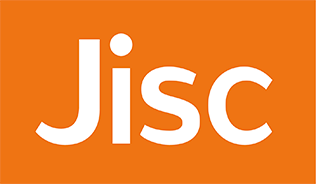Labor behavior of collective farmers in Siberia under the state agrarian policy in 1953–1964
Oct 25 2024Andreenkov S. N. Labor behavior of collective farmers in Siberia under the state agrarian policy in 1953–1964 // The Russian Peasant Studies. 2024. V.9. №3. P. 185-203.
DOI: 10.22394/2500-1809-2024-9-3-185-203
Annotation
The article considers the labor behavior of collective farmers in Siberia under the agrarian measures of the supreme power during Khrushchev’s thaw. The author identifies factors that influenced the labor behavior of collective farmers, its forms and role in the state agrarian policy, emphasizing contradictory tendencies in the functioning of collective farms. Thus, financial incentives were used more widely, but the state did not abandon mobilization methods for solving economic problems. Therefore, the production and technological discipline in collective farms remained at a low level; many villagers avoided working in the public economy. Personal subsidiary farms had a significant impact on the labor behavior of collective farmers, since the public economy provided main resources for their personal subsidiary plots. Increased wages at the collective farm allowed peasants to strengthen the feed base for their livestock. Collective farmers acquired means for personal subsidiary farming through petty thefts at the collective farm. The peasantry retained many of its past features manifested primarily in the labor behavior of women, who tended to pay more attention to their household than to the collective farm. To reduce the villagers’ labor costs in the private sector of the agrarian economy, the state periodically conducted campaigns to limit the size of personal subsidiary plots.
Keywords
Labor behavior, collective farms, collective farmers, machine-tractor stations, machine operators, personal subsidiary farms, state agrarian policy, agriculture.
About the author
Andreenkov Sergey N., PhD (History), Senior Researcher, Sector of Agrarian and Demographic History, Institute of History, Siberian Branch of the Russian Academy of Sciences. Akademika Nikolaeva St., 8, Novosibirsk, 630090.
E-mail: This email address is being protected from spambots. You need JavaScript enabled to view it.























